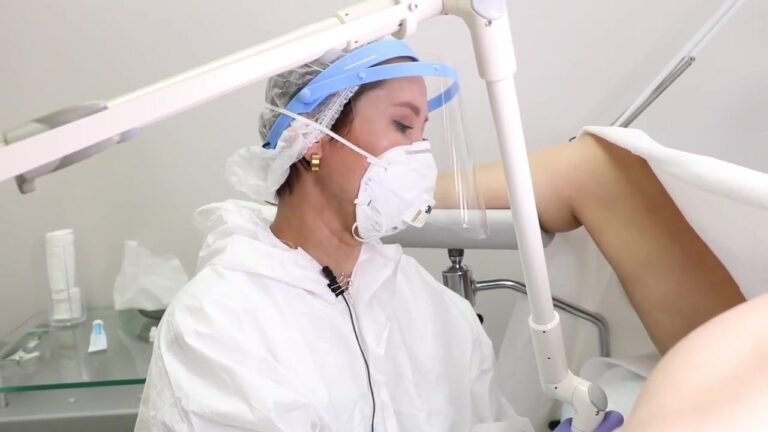
Герпес – вирусное заболевание с характерным высыпанием сгруппированных пузырьков на коже и слизистых оболочках. Это наиболее распространенное вирусное заболевание, возбудителем которого является вирус простого герпеса.
Заболеванию подвержены как дети, так и взрослые, независимо от пола. Инфицированность населения герпетической инфекцией очень высокая. Вирусоносительство распространено повсеместно. Проведенные за последние 10 лет эпидемиологические исследования показали, что к 15-летнему возрасту инфицировано 80 процентов детей, а к 30 годам 90 процентов населения имеют антитела к вирусам герпеса того или иного типа.
Наиболее распространены герпесвирусы первого типа (вызывает герпес на губах) и второго (является причиной генитального герпеса). Источником инфекции являются вирусоносители и больные с различными формами болезни.

Как не заразиться герпесом
— Строго соблюдайте правила личной гигиены. Лабиальный герпес – инфекционное заболевание! Тщательно мойте руки с мылом до и после контакта с герпесом, после нанесения антивирусного крема.
— Не касайтесь руками глаз! Это особенно касается женщин, поскольку они делают макияж.
— Не используйте слюну для увлажнения контактных линз.
— Не касайтесь участков, пораженных герпесом! Невзирая на сильные зуд и боль, ни в коем случае не касайтесь герпетической сыпи, не целуйтесь, особенно с детьми, не пользуйтесь чужой помадой и никому не одалживайте собственную, не делите одну сигарету с приятелем.
— Не пытайтесь избавиться от волдырей или снять струпья во избежание попадания инфекции на другие участки тела.
— Пользуйтесь отдельным полотенцем и посудой, не пейте из чужих стаканов.



